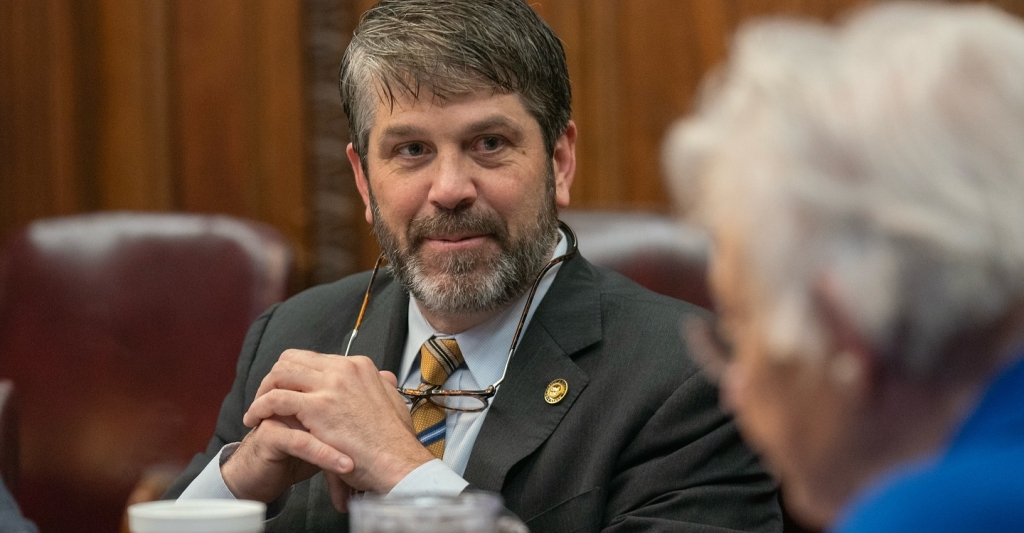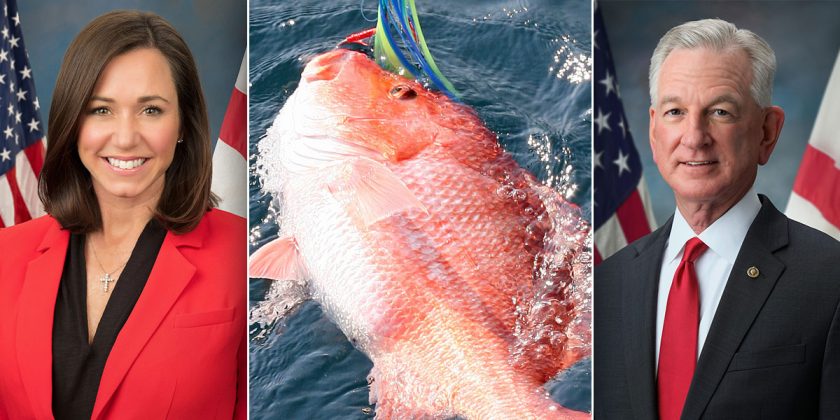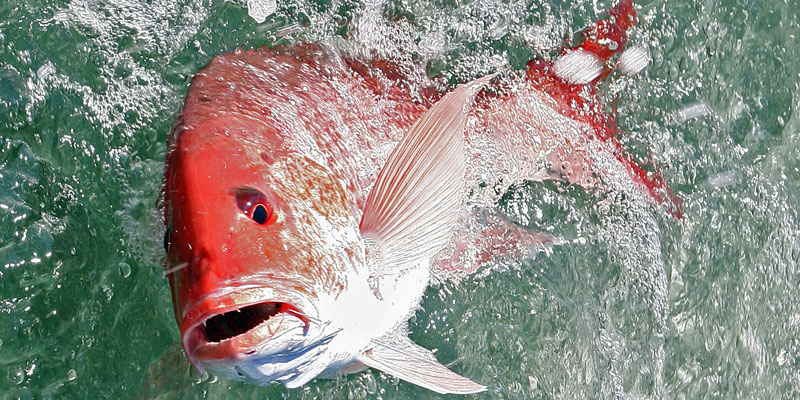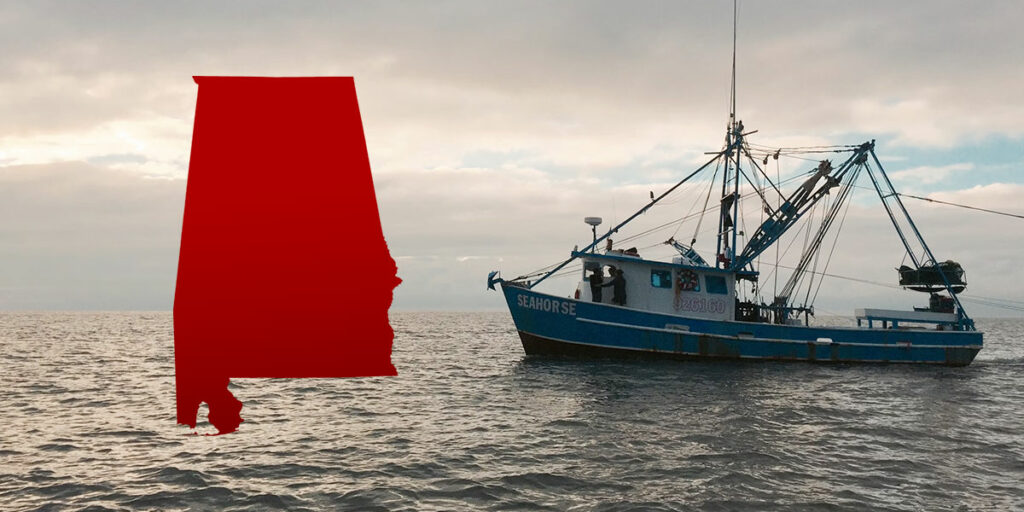
MOBILE, Ala. — Congressman Bradley Byrne (R-AL1) announced plans Wednesday to introduce legislation that would roll back the regulations on the red snapper fishing season that plagued anglers last year.
“I have made it a top priority to give more control to Gulf states and provide real relief to our Red Snapper fishermen,” Rep. Byrne said at the press conference. “The National Oceanic Atmospheric Administration’s (NOAA) National Marine Fisheries Service has failed to adequately account for the size and health of the Red Snapper stock in the Gulf of Mexico. They have continued to use outdated and ineffective methods to both sample for Red Snapper and measure how many fish are being caught once the season begins, and they have frankly lost all credibility.”
The federal system estimated that 1,000,041 pounds of red snapper were landed in 2014, while the Alabama system estimated that just 418,000 pounds were landed. As a result, the thousands of private recreational fisherman who fish for red snapper off the Alabama Gulf Coast were only allowed to do so for nine days out of the entire year. If the local numbers are more accurate, which they are according to expert testimony before Congress in November, the red snapper season should have been roughly twice as long as it was.
According to Rep. Byrne, NOAA so severely underestimates the number of Red Snapper in the Gulf because the agency doesn’t sample for the fish on reefs. “That is absurd considering Red Snapper are reef fish,” Byrne said in an oped published by Yellowhammer last year.
The 2014 Red Snapper season was considered a complete disaster by Gulf fishers. The season only lasted 9 days, during which time only two Red Snapper per day were allowed to be caught be each fisher.
The bill would repeal these inflexible quotas for the Gulf of Mexico Red Snapper fishery, extend state water boundaries for each Gulf state to nine nautical miles, remove data collection and stock assessments from federal control, and update processes and qualifications for Gulf Council appointees to ensure more balanced input from the Gulf states.
In December, Byrne skewered a representative NOAA for being unable to provide an accurate count of the the number of red snapper in the Gulf, despite the agency’s vast resources.
“You have $900 million and you can’t give us any better count of the fish stock than what you’ve told us today?” Byrne asked, to which NOAA spokesperson Samuel Rauch responded that they do the best they can.
Public universities like the University of South Alabama, Byrne added, have developed technology that is more accurate than what the federal government uses, and should be given the opportunity to track fishery numbers, instead of a federal bureaucracy.
“It is time we get the federal government out of the way, give more control to Gulf states, and bring some real relief to our fishermen,” Rep. Byrne concluded.
Byrne’s bill, the “Red Snapper Regulatory Reform Act” will be introduced as a standalone bill, but the Congressman will also push to have language from the bill included in the reauthorization of the Magnuson-Stevens Act, which governs fisheries in the US.
Like this article? Hate it? Follow me and let me know how you feel on Twitter!
— Elizabeth BeShears (@LizEBeesh) January 21, 2015











